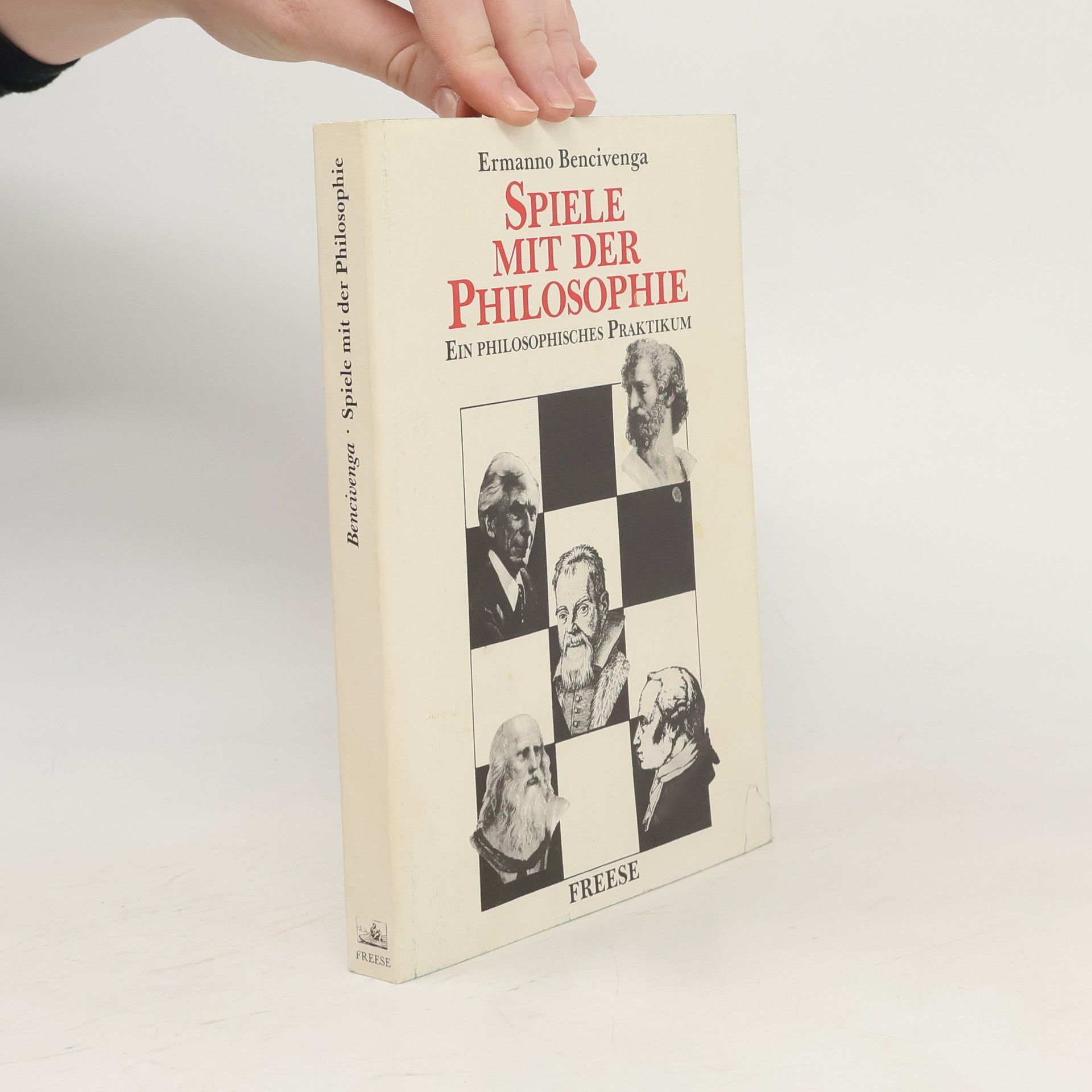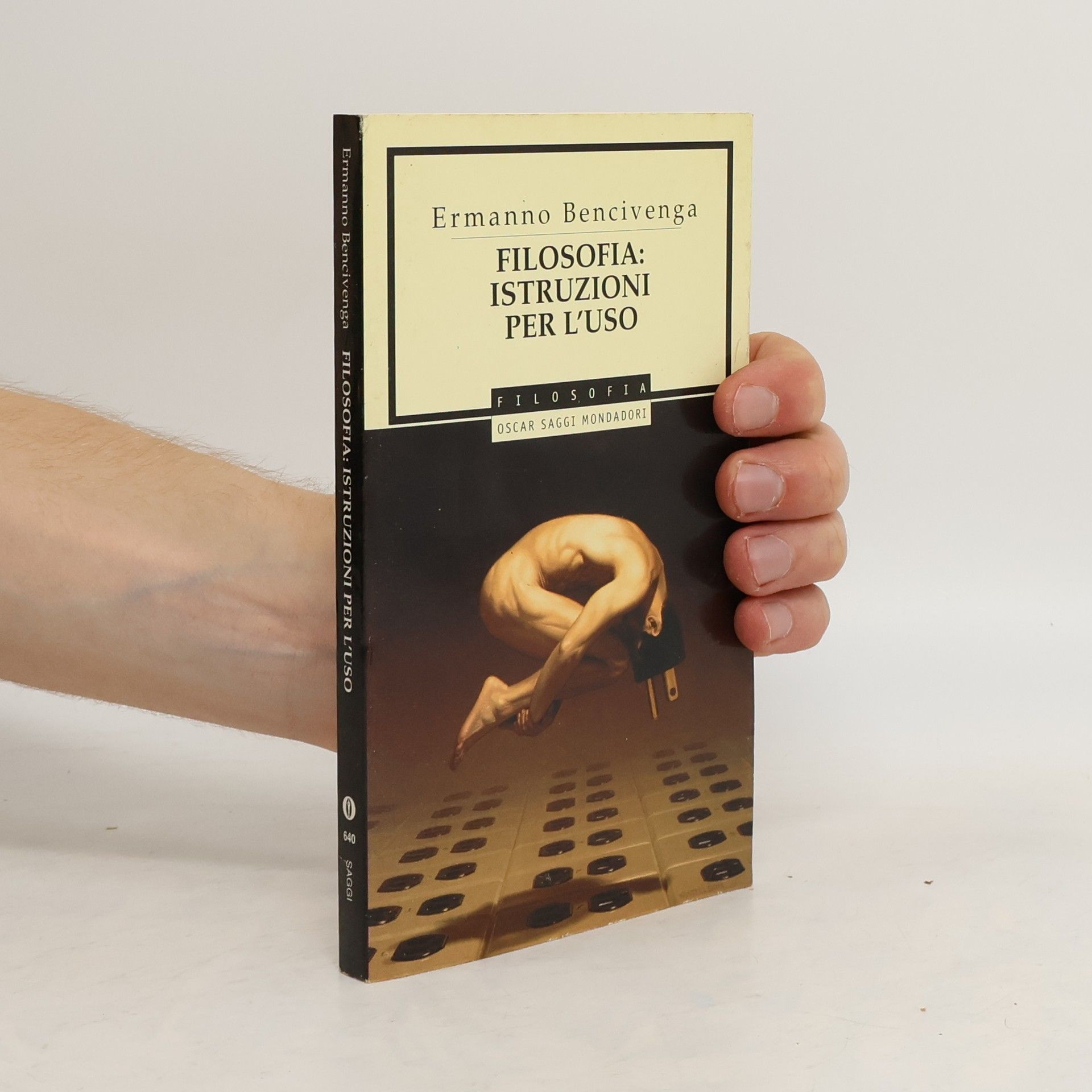Filosofia: istruzioni per l'uso
- 160pages
- 6 heures de lecture
Ermanno Bencivenga est un philosophe et essayiste italien dont l'œuvre explore en profondeur les questions philosophiques centrales. Son écriture se caractérise par une perception aiguë de la nature de l'existence humaine et de notre place dans le cosmos. À travers ses essais, Bencivenga examine les complexités de la pensée, cherchant à dévoiler les vérités fondamentales qui façonnent notre réalité. Son approche est à la fois intellectuellement rigoureuse et enrichissante pour le lecteur.



